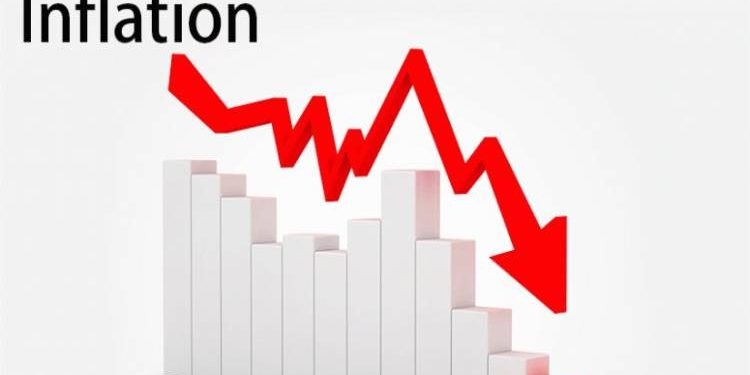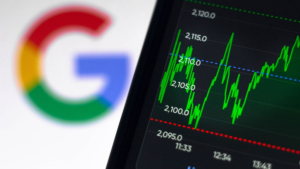
Nigeria’s inflation rate saw a modest decline in July 2024, dropping to 33.4% from 34.2% in June, according to the National Bureau of Statistics (NBS). This decrease marks the first time in 19 months that the inflation rate has fallen, signaling a potential, though tentative, easing of the country’s prolonged inflationary pressures.
Despite this slight reduction, inflation remains significantly higher than in July 2023, when the rate stood at 24.08%. The year-on-year increase of 9.32 percentage points underscores the ongoing challenges in curbing rising prices.
On a month-to-month basis, inflation also saw a slight decline, registering at 2.28% in July, down from 2.31% in June 2024. Food prices, a key driver of inflation, continue to be a concern. Although the food inflation rate remains high at 39.53% year-on-year, there was a small month-on-month decrease from 2.55% in June to 2.47% in July, suggesting some stabilization in food costs.
Urban areas experienced an inflation rate of 35.77% year-on-year in July 2024, while rural areas saw a rate of 31.26%, reflecting the widespread impact of rising prices across the country. Core inflation, which excludes volatile items such as food and energy, also rose to 27.47% in July 2024, up from 20.47% a year earlier, indicating that inflationary pressures are deeply embedded in the economy.
While the slight drop in July offers some hope, the high inflation rate continues to pose significant challenges for Nigeria’s economy, affecting the cost of living and overall economic stability. The government and policymakers will need to maintain focus on measures to bring inflation down further and stabilize the economy for the long term.






Be First to Comment